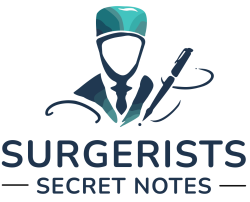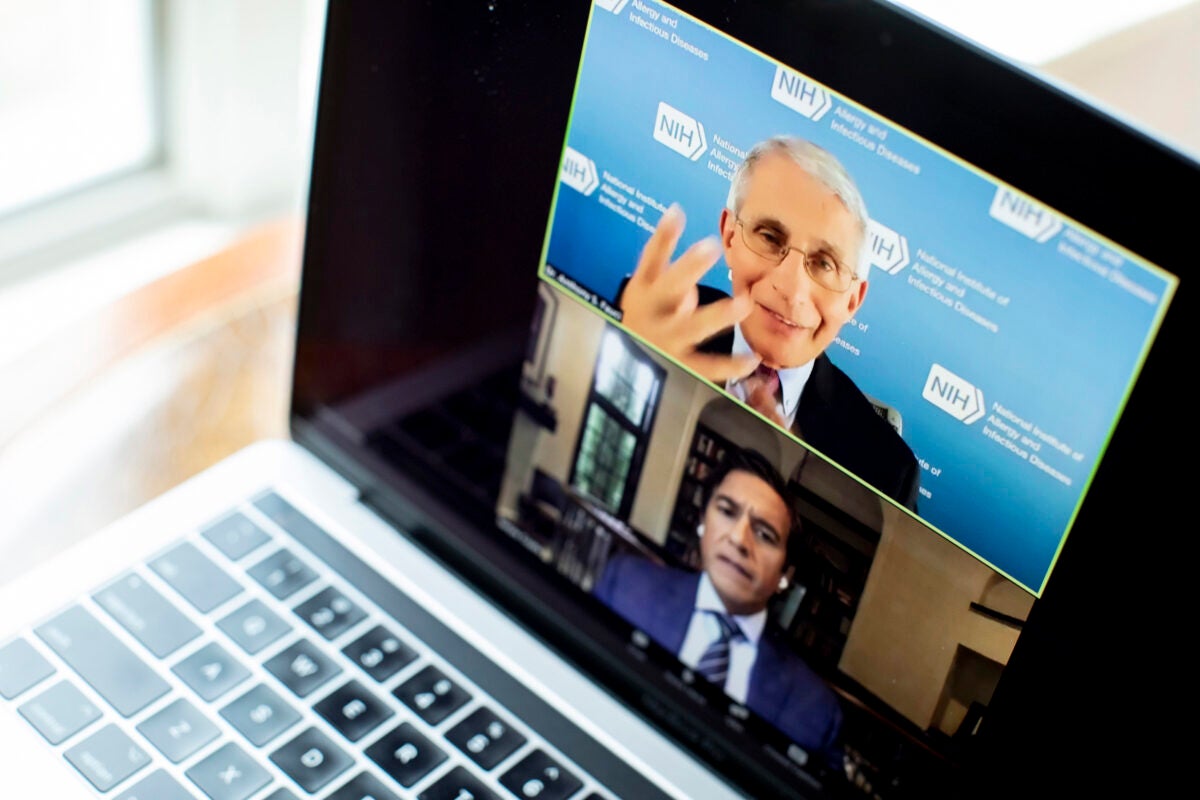Robert Huckman and Isaac Kohlberg.
Harvard file photos
Health
Miracle drugs don’t come out of nowhere
Healthcare, innovation experts say funding cuts to university labs will slow or stop the basic research on which breakthroughs are built
The world’s most significant medical therapies often spring from surprising sources.
It would have been almost impossible to predict that studying the unique pancreas of an anglerfish might lead to revolutionary medications for diabetes or that the discovery of microRNA in a tiny worm could spur an entirely new class of treatments.
“If one thinks pharmaceutical prices are high today, it is safe to assume they will become even more so in the face of these funding reductions.”
Robert Huckman
But while the story of any individual breakthrough might seem improbable, the pattern repeats. Basic, fundamental research — often paid for by the government and conducted by university faculty and students — leads to transformative drugs and technology.
With recent cancellations of research grants, experts in medical science worry that the U.S. may lose its long-held advantages in research and development for decades to come.
“If these grants are not restored, it would not be surprising to me if 10 years from now, we see a markedly lower number of therapies coming to market,” said Robert Huckman, the Albert J. Weatherhead III Professor of Business Administration at Harvard Business School and the Howard Cox Faculty Chair of the HBS Healthcare Initiative. “That’s a real risk.”
Isaac Kohlberg, senior associate provost and the University’s chief technology development officer, agreed.
“If you attack the foundation of the building, the building will collapse,” he said. “Academic innovations are the foundation of many products and services that reach consumers. If we fail to invest in the necessary resources to advance fundamental discoveries, universities’ labs may shrink, and the U.S. innovation ecosystem will decline.”
These problems start from the outset of the innovation pipeline.
“To treat disease, we need to understand how it works,” Huckman said. “And understanding how disease works is a complicated problem.”
By the time a company decides to invest in a clinical trial for a new treatment or intervention, years — or decades — of government-funded research have generally taken place.
“You have to think about it as a building block,” said Kohlberg. “Without basic research, there is no translational research.”
As it stands, few companies are set up to fund this research. While a report from the nonprofit United for Medical Research shows that every dollar of research funded by the National Institutes of Health results in $2.56 in economic activity, companies generally lack the up-front resources — and long-term economic horizons — to fund wide-ranging early stage research.
“It’s not the role of companies to invest in basic research,” Kohlberg pointed out. “Companies are set up to make money, to develop products. It’s more immediate outcomes.”
They do, however, closely monitor government-funded research, the results of which must be released to the public.
A multitude of companies, for example, build off the revolutionary gene-editing technology CRISPR or develop GLP-1 drugs — even though portions of early research behind the technologies took place at Harvard.
“You have to have a model there to take big swings at problems,” Huckman said. “And I think that the relationship between government and academic institutions has historically been one that has allowed those big swings to be taken.”
When money going to early research dries up, so does the opportunity to commercialize promising developments.
“You could begin to see a narrowing of research portfolios that could apply both to the research labs themselves as well as those organizations that hope to commercialize the technologies those labs would have discovered,” said Huckman.
Biotech companies hoping to pursue technologies that could help treat many different diseases might see cuts to basic research and decide to pursue less ambitious goals.
“There’s a chain of activities to get from an understanding of basic science to an approved treatment,” explained Huckman. “If we break or weaken one link in that chain, we compromise the whole process.”
Kohlberg sees a similar potential spiral: With less research funding, fewer ideas will come out of universities; startups won’t be able to develop those ideas; and larger companies that have traditionally identified, acquired, and funded promising startups will see fewer opportunities to do so.
“It’s like a funnel,” he said. “Eventually the patient’s going to have fewer options.”
And more expensive ones.
Huckman pointed out that if pharmaceutical companies need to take on riskier, early stage research, they’ll have to recoup it when pricing whatever drugs they are able to bring to market.
“If one thinks pharmaceutical prices are high today, it is safe to assume they will become even more so in the face of these funding reductions,” he said.
For both Kohlberg and Huckman, cutting off the university-government partnerships puts the entire system of American innovation into disarray.
“These cuts mean there is no oxygen going to the research enterprise,” Kohlberg said. “This will completely undercut the future of innovation.”














